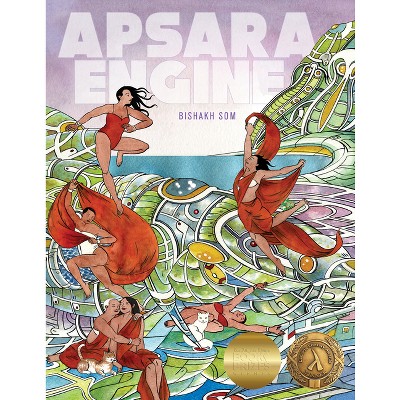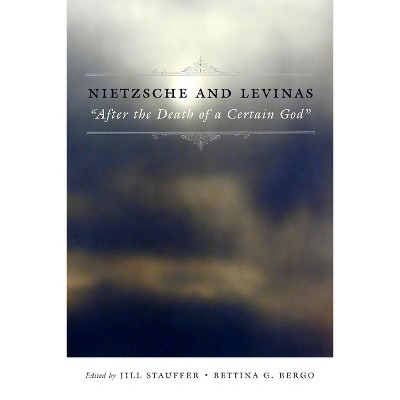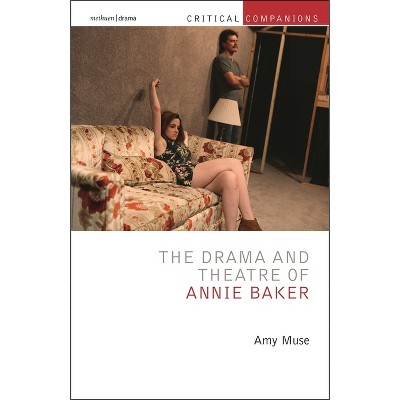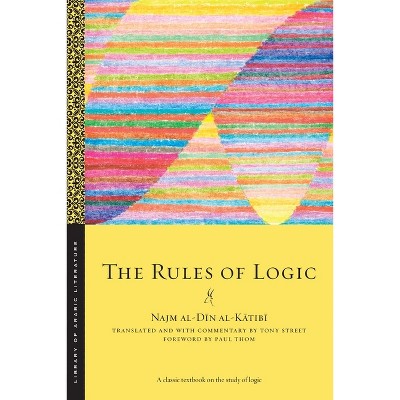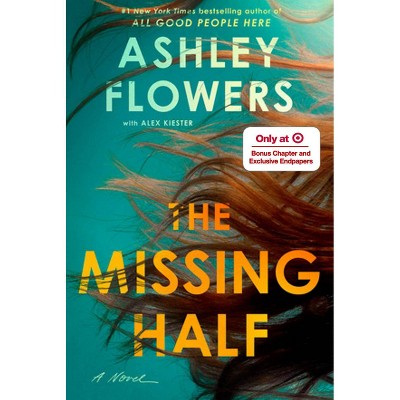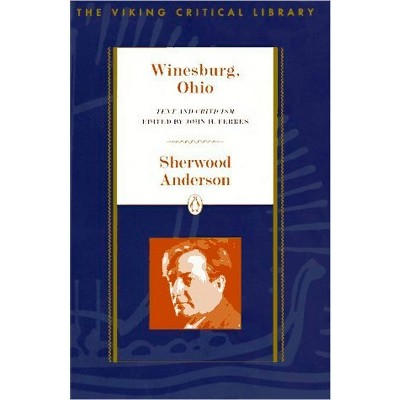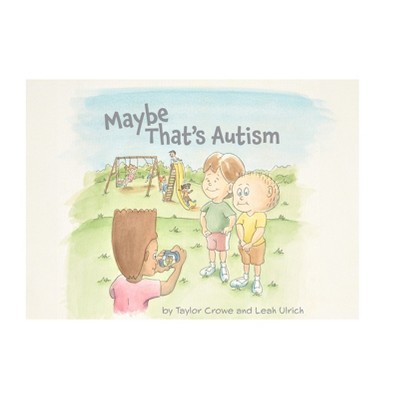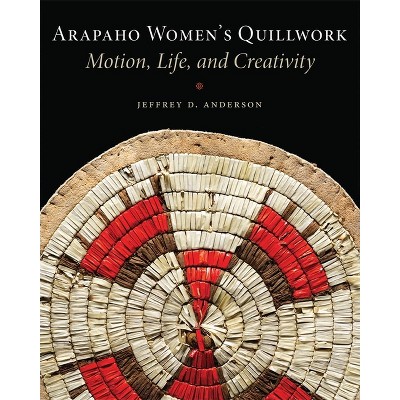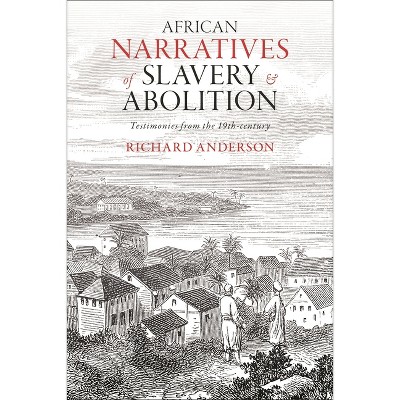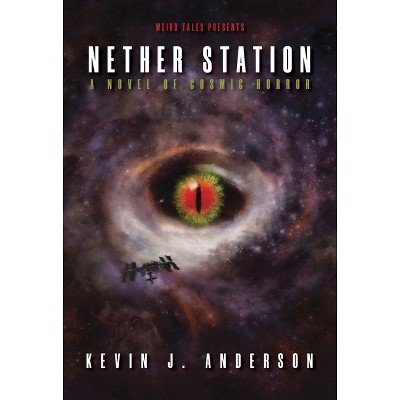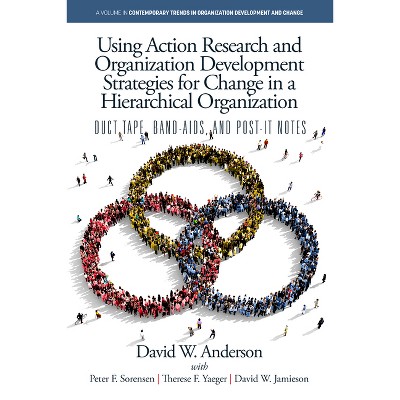Sponsored

Borges's Creative Infidelities - by Leah Leone Anderson
$100.00
In Stock
Eligible for registries and wish lists
Sponsored
About this item
Highlights
- Using comparative analyses of source and target texts, Leone Anderson examines Jorge Luis Borges's residual presence in his Spanish-language translations of works by James Joyce, Virginia Woolf, and William Faulkner.Argentine writer and critic Jorge Luis Borges did not see translation as an inferior form of artistic production to be defined primarily in terms of loss or unfaithfulness, but rather as a vast and rich source for literary innovation and aesthetic inquiry.
- About the Author: Leah Leone Anderson is Visiting Researcher in the Center for Latin American and Caribbean Studies and the Department of Translation and Interpreting Studies at the University of Wisconsin-Milwaukee, USA.
- 200 Pages
- Literary Criticism, Modern
Description
About the Book
"This study offers new perspectives on Jorge Luis Borges's translation theories and his translations from English into Spanish, including of Faulkner's The Wild Palms (1939), Woolf's A Room of One's Own (1929), and Joyce's Ulysses (1922). Borges is famous for his celebration of "creative infidelity" and ability to faithfully recreate other authors' styles in Spanish. However, by studying sources and translations side by side, Leone Anderson reveals transformations in these texts, showing how translation practice can stem from a translator's understanding of literature. She thus makes a strong case for the study of translated literature and its impact"--Book Synopsis
Using comparative analyses of source and target texts, Leone Anderson examines Jorge Luis Borges's residual presence in his Spanish-language translations of works by James Joyce, Virginia Woolf, and William Faulkner.Argentine writer and critic Jorge Luis Borges did not see translation as an inferior form of artistic production to be defined primarily in terms of loss or unfaithfulness, but rather as a vast and rich source for literary innovation and aesthetic inquiry. Borges's Creative Infidelities: Translating Joyce, Woolf and Faulkner explores what this view may have implied for his translations of Anglophone Modernist fiction: the last two pages of James Joyce's Ulysses; Virginia Woolf's A Room of One's Own and Orlando; and William Faulkner's If I Forget Thee, Jerusalem [The Wild Palms].
Through full-length, manual comparisons of the English and Spanish texts, this book reveals the ways Borges inscribed his tastes, values and judgments-both about the individual works and about Modernist literature in general-onto his translations and how in doing so, he altered the identities of their characters, the ethical and rhetorical positioning of their narrators, their plots and even their genres.
This bookis driven by storytelling: the stories of each texts' origin and reception in English; of how they ended up in Borges's hands and of his translation processes; of how, through his translations, the texts' narratives were made to tell new stories; and of the extraordinary legacies of Borges's Spanish translations of Joyce, Woolf and Faulkner.
Review Quotes
In this engaging study of Borges's acts of translations of Joyce, Woolf, and Faulkner, Leah Leone Anderson ably shows how translation can enact multifocal dialogues between author, text, and translator. Borges's translations are imaginative interpretations of the base text that waver between creative infidelities and attempted hyperfidelity. Just as Borges attempted to expand the possibilities of Spanish literature by bringing into it translations of Modernist writers, he also expands the possibilities of Modernism through his translational practice. With Borges, translation is the sincerest form of flattery.
Samuel Slote, Professor in English, Trinity College Dublin, Ireland
Sparkling, original, insightful, Borges's Creative Infidelitiesshows how Borges's work as a translator is central to his creative practice. Through line-by-line comparisons of long form texts, Leone Anderson reveals how makes the chosen texts new. Undoubtedly the most important study to date of Borges and translation.
Daniel E. Balderston, Andrew W. Mellon Professor of Modern Languages and Literatures, University of Pittsburgh, USA
This book foregrounds translation studies as an instrument to better understand the variations and cultural and political intentions of Borges's work as a translator. Leah Leone Anderson's focus on issues of gender in translation open our eyes to Borges's curious manipulations of James Joyce, Virginia Woolf, and William Faulkner into Spanish. An excellent read! And a potential model for exploring aspects of gender in any translation.
Luise von Flotow, Professor of Translation and Interpretation, University of Ottawa, Canada
About the Author
Leah Leone Anderson is Visiting Researcher in the Center for Latin American and Caribbean Studies and the Department of Translation and Interpreting Studies at the University of Wisconsin-Milwaukee, USA. She has served as a Board Member of the American Literary Translators Association, and translates prose from Spanish and Portuguese.Dimensions (Overall): 9.0 Inches (H) x 6.0 Inches (W) x .5 Inches (D)
Weight: .96 Pounds
Suggested Age: 22 Years and Up
Number of Pages: 200
Genre: Literary Criticism
Sub-Genre: Modern
Publisher: Bloomsbury Publishing PLC
Theme: 20th Century
Format: Hardcover
Author: Leah Leone Anderson
Language: English
Street Date: June 13, 2024
TCIN: 93513054
UPC: 9781501398285
Item Number (DPCI): 247-46-0947
Origin: Made in the USA or Imported
If the item details aren’t accurate or complete, we want to know about it.
Shipping details
Estimated ship dimensions: 0.5 inches length x 6 inches width x 9 inches height
Estimated ship weight: 0.96 pounds
We regret that this item cannot be shipped to PO Boxes.
This item cannot be shipped to the following locations: American Samoa (see also separate entry under AS), Guam (see also separate entry under GU), Northern Mariana Islands, Puerto Rico (see also separate entry under PR), United States Minor Outlying Islands, Virgin Islands, U.S., APO/FPO
Return details
This item can be returned to any Target store or Target.com.
This item must be returned within 90 days of the date it was purchased in store, shipped, delivered by a Shipt shopper, or made ready for pickup.
See the return policy for complete information.
Trending New Books
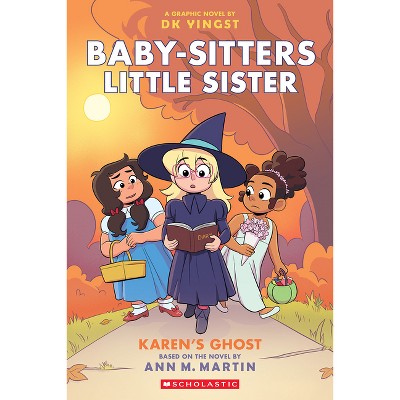
$8.82 - $21.00
MSRP $12.99 - $24.99
Buy 2, get 1 free select books
3.9 out of 5 stars with 7 ratings
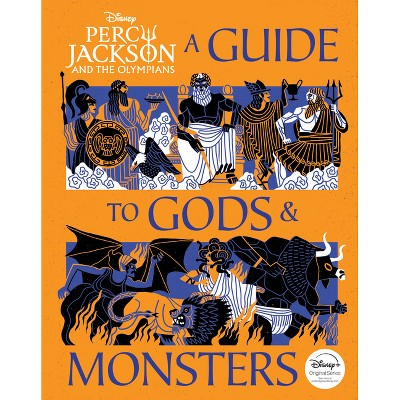
$12.80
MSRP $16.99
Buy 2, get 1 free select books
5 out of 5 stars with 1 ratings
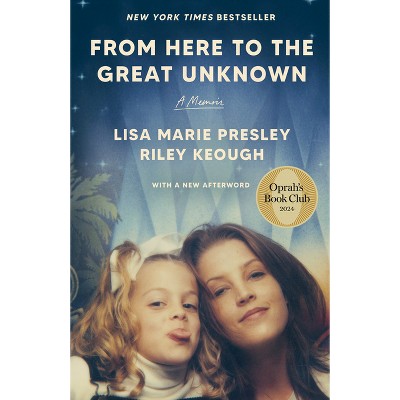
$14.99 - $17.08
MSRP $20.00 - $32.00 Lower price on select items
4.8 out of 5 stars with 42 ratings

$14.59 - $19.48
MSRP $19.99 - $30.99 Lower price on select items
4 out of 5 stars with 8 ratings
